Why All Good Social Justice Warriors Support Presumption of Innocence
This classic essay was originally published at Intellectual Takeout on October 11, 2018.
I have a friend in Papua New Guinea named Monica Paulus who was accused of casting sorcery spells because a person died in her village. Her neighbors almost murdered her until she fled the region. Now she works to save other women falsely accused of sorcery who are targets of torture and killing. She recognizes the classic Western civilization value of presumption of innocence.
To millions of Americans, Brett Kavanaugh seems just as guilty as Monica seemed to her accusers. They sincerely believe, because the power groupthink has over the human mind, that Kavanaugh has all the signs of their suspected profile of an abuser of women. Millions of people have repeated this so often that it feels deeply true. Plus, there were accusations!
Monica can sympathize. Once the first accusation was levied, it was easy for others to believe it was true. In Monica’s culture, belief in the power of sorcery to kill children and cause calamity has been universal for millenia.
Personhood has been a hard-fought prize of Western civilization, won largely through the influence of Christianity. But humans without this Christ-rooted protection of the individual quickly descend into the very dangerous, consuming, and uninformed wrath of the crowd, a fact shown throughout history.
In the book of Genesis, Potiphar’s wife accused her Hebrew servant Joseph of trying to rape her when, in fact, she tried to seduce him. Joseph was thrown into prison for this false accusation without any need for corroboration except the cloak she had ripped from him.
“Believe Our Women!” was the slogan organizers used during Jim Crow against black men falsely accused of sexual violence. The “justice” crowds felt as sure about their scapegoats’ guilt as partisan crowds do about today’s targets. To mobs, a person’s wealth or poverty or race is sufficient reason to ignore their humanity and cast shame.
Even popular cinema reflects a healthy suspicion of collective accusations. In the film Edward Scissorhands, Edward is falsely accused by a woman of sexual assault after spurning her advances in a barber shop. Her tears lead to an angry mob destroying the life of an innocent one. To that mob, Edward’s differentiation from their shared cultural identity made him a very guilty rapist.
Such zeal is what possesses the minds of people who think that dressing out-of-fashion, having opposing political opinions, or bearing a “guilty” skin color makes one eternally suspect for non-corroborated accusations.
We have much to learn from a survivor of witch hunts like Monica Paulus. We should protect the voice of the powerless in the face of violence. We should treat human beings as individual persons, not pawns of identity-exploiting optics. We should fight for the presumption of innocence, not just in the court of law but as the cultural norm we grant the accused in discourse. Finally, we should remember that politics is a thin laminate on the passions and fits of human crowds: the mobs we see in recent days are a revelation of the heart of the whole enterprise.
The State, a monopoly on violence against nonviolent persons in a given territory, is not to be trusted with centrally planning our lives. One court of nine sages deciding personal matters and vices for 300 million people just sounds like a really bad cultic idea. The Founders never intended the court to have such broad, sweeping ex nihilo powers of legal decree. Congress has the power to limit the Supreme Court’s jurisdiction. Decentralizing power closer to home will go a long way to easing tensions between neighbors who feel powerless when their rivals win power over our current winner-takes-all D.C. Leviathan.
Monica Paulus’s example in Papua New Guinea offers a final clue as to how we should fight for justice in America. After facing gruesome near-death, she had opportunities to flee to a safe space. But she stayed.
To this day, she continues to work in villages in which witch burnings solve social tensions and grief. She actively intervenes in the midst of self-righteous crowds—convinced of their targets’ guilt—to save women from horrible deaths. She does not seek revenge against those who accuse her or those like her. She seeks to end collective violence and protect the personhood of all people, no matter who they are.
I’m with Monica.

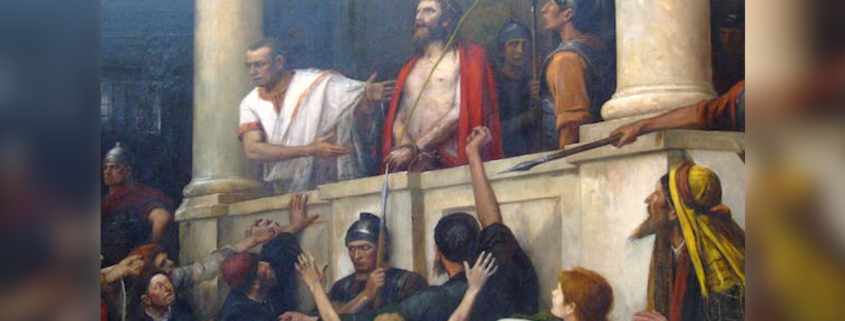
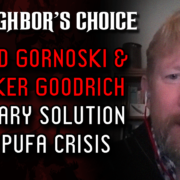
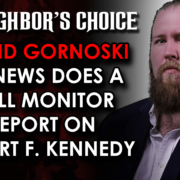
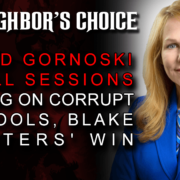
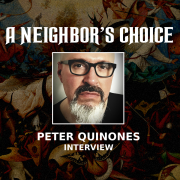
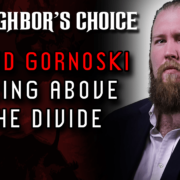
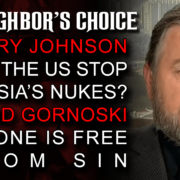
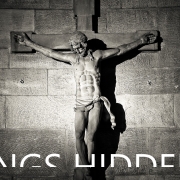
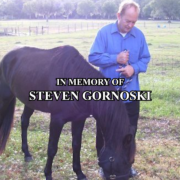


Leave a Reply
Want to join the discussion?Feel free to contribute!